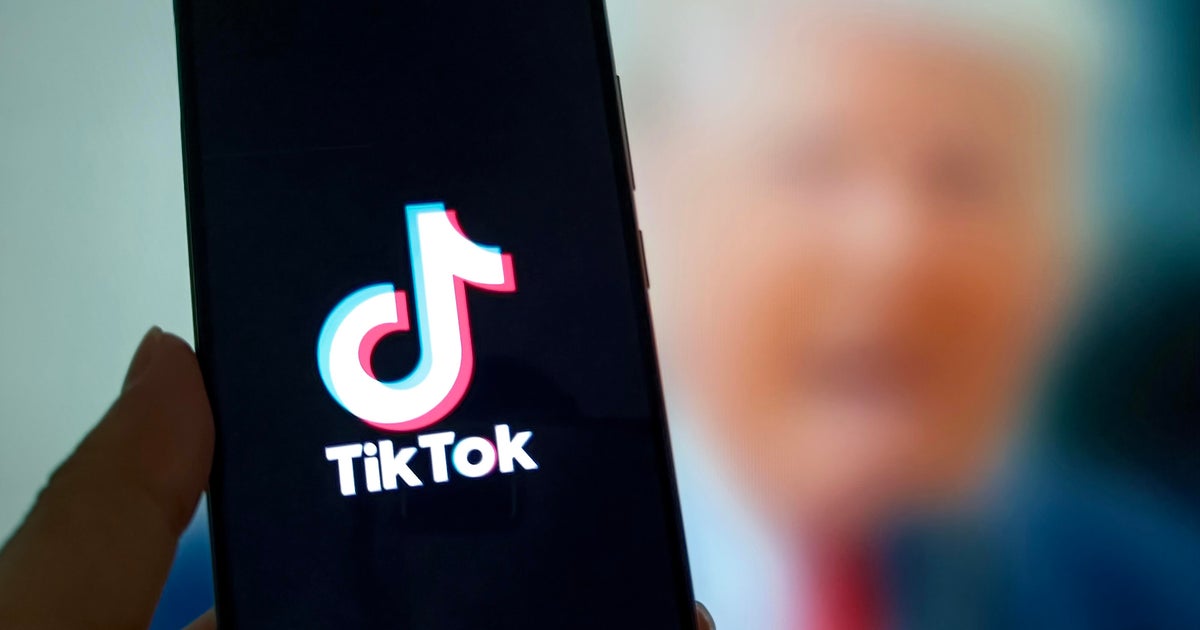In the dynamic political landscape surrounding technology and international trade, President Donald Trump has once again postponed the enforcement of a bipartisan legislation aimed at banning TikTok in the United States. This decision marks his third such postponement of the law’s enforcement since taking office. The law, supported overwhelmingly by both parties, was put in place due to concerns of national security. It required ByteDance, the Chinese parent company of TikTok, to completely divest its U.S. operations by January 19. Failing this, the popular video-sharing platform would face exclusion from U.S. app stores and web-hosting services.
President Trump announced his decision to delay the ban by signing an executive order that extends the deadline by another 90 days, setting a new deadline for mid-September 2025. This continuation allows TikTok to maintain its operational status in the U.S. while negotiations presumably continue. The president communicated his decision through a post on Truth Social, expressing gratitude for the public’s attention to this issue.
The executive order specifically mandates the Justice Department to refrain from taking any legal actions or imposing penalties against companies, notably tech giants like Apple and Google, for not removing TikTok from their offerings. This direction underscores the administration’s current stance on the matter – prolonging the negotiation window in hopes of reaching a satisfactory agreement without necessitating a complete shutdown of the app.
TikTok responded with appreciation for the president’s decision, mentioning the platform’s significant presence in the U.S. “We are grateful for President Trump’s leadership and support in ensuring that TikTok continues to be available for more than 170 million American users and 7.5 million U.S. businesses as we continue to work with Vice President Vance’s office,” the company stated officially.
Earlier in the week, White House Press Secretary Karoline Leavitt had already hinted at the impending extension. She conveyed President Trump’s reluctance to see TikTok “go dark,” reaffirming his intention to work diligently over the next 90 days to finalize a deal that would secure TikTok’s operations and protect the data privacy of American users.
This scenario echoes a persistent issue from President Trump’s earlier tenure when negotiations for a similar divestiture deal were underway. That proposed deal would have transitioned TikTok’s U.S. operations to a new entity owned primarily by American investors. Although initially promising, these discussions stumbled following President Trump’s announcement of wide-ranging tariffs, leading ByteDance to withdraw from the negotiation table due to new stipulations set by the Chinese government concerning trade and tariffs issues.
ByteDance has expressed that while an agreement seemed close previously, key aspects still need resolution, noting any final deal would require approval from the Chinese government. President Trump acknowledged this challenge, understanding the complexity of negotiating such international agreements especially involving China, a nation known for its stringent control over tech enterprises.
Despite these complications, on a more personal note, President Trump shared his surprising fondness for TikTok during a press conference, revealing his record-setting popularity on the platform. His tone suggested a change from his previous hardline stance during his first term, where he made an unsuccessful attempt to ban the app citing national security threats.
Moreover, international dialogues on trade between the U.S. and China have recently taken place, discussing broad economic tensions without specific mention of TikTok. These discussions included a significant meeting in London between senior U.S. and Chinese trade representatives, resulting in a ‘framework deal’ aimed at easing the ongoing trade war, affirming the global contextual backdrop against which these app-specific negotiations are occurring.
Accessibility to TikTok in the U.S. was briefly suspended as per a prior deadline in January, but was quickly restored after President Trump assured measures to address the situation. Both Apple and Google reinstated TikTok on their U.S. platforms shortly after Trump’s first executive intervention.
The reaction from Congress has been one of mounting frustration, indicative of the broader geopolitical tensions entangled with tech governance. Senators have expressed concern over the long-term implications of deferring enforcement of the law and have urged for a resolution that respects legislative decisions. Senator Josh Hawley voiced the need for law enforcement, while Senator Chuck Grassley sought clarity and assurance from the executive branch regarding the ongoing discussions with ByteDance.
As this situation unfolds, the intertwining concerns of national security, international trade, governmental authority, and digital privacy remain at the forefront of an ongoing debate that plays out against the backdrop of a rapidly evolving global tech landscape. As negotiations continue and new deadlines approach, all parties involved are under increasing pressure to forge a path forward that balances economic interests with national security imperatives.









